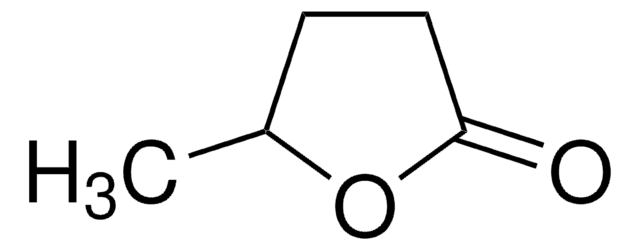345245
Phosphoric acid
85 wt. % in H2O, 99.99% trace metals basis
Synonym(s):
Orthophosphoric acid
About This Item
Recommended Products
vapor density
3.4 (vs air)
Quality Level
vapor pressure
2.2 mmHg ( 20 °C)
5 mmHg ( 25 °C)
Assay
99.99% trace metals basis
form
liquid
greener alternative product characteristics
Design for Energy Efficiency
Learn more about the Principles of Green Chemistry.
sustainability
Greener Alternative Product
concentration
85 wt. % in H2O
bp
158 °C (lit.)
mp
~40 °C (lit.)
density
1.685 g/mL at 25 °C (lit.)
application(s)
battery manufacturing
greener alternative category
SMILES string
OP(O)(O)=O
InChI
1S/H3O4P/c1-5(2,3)4/h(H3,1,2,3,4)
InChI key
NBIIXXVUZAFLBC-UHFFFAOYSA-N
Gene Information
human ... SRC(6714)
Looking for similar products? Visit Product Comparison Guide
General description
Application
- a medium for corrosion inhibition on mild steel
- an activating agent in the preparation of activated carbon
- enhancement of electrochemical performance for energy devices
- in the development of polymeric membranes for proton exchange membrane based fuel cells
Packaging
Other Notes
Signal Word
Danger
Hazard Statements
Precautionary Statements
Hazard Classifications
Acute Tox. 4 Oral - Eye Dam. 1 - Met. Corr. 1 - Skin Corr. 1B
Storage Class Code
8B - Non-combustible corrosive hazardous materials
WGK
WGK 1
Flash Point(F)
Not applicable
Flash Point(C)
Not applicable
Personal Protective Equipment
Choose from one of the most recent versions:
Already Own This Product?
Find documentation for the products that you have recently purchased in the Document Library.
Customers Also Viewed
Articles
In many technologies, performance requirements drive device dimensions below the scale of electron mean free paths (λe). This trend has increased scientific interest and technological importance of electrical resistivities at the nanoscale.
Related Content
Batteries, fuel cells, and supercapacitors rely on electrochemical energy production. Understand their operation and electron/ion transport separation.
Batteries, fuel cells, and supercapacitors rely on electrochemical energy production. Understand their operation and electron/ion transport separation.
Batteries, fuel cells, and supercapacitors rely on electrochemical energy production. Understand their operation and electron/ion transport separation.
Batteries, fuel cells, and supercapacitors rely on electrochemical energy production. Understand their operation and electron/ion transport separation.
Our team of scientists has experience in all areas of research including Life Science, Material Science, Chemical Synthesis, Chromatography, Analytical and many others.
Contact Technical Service





